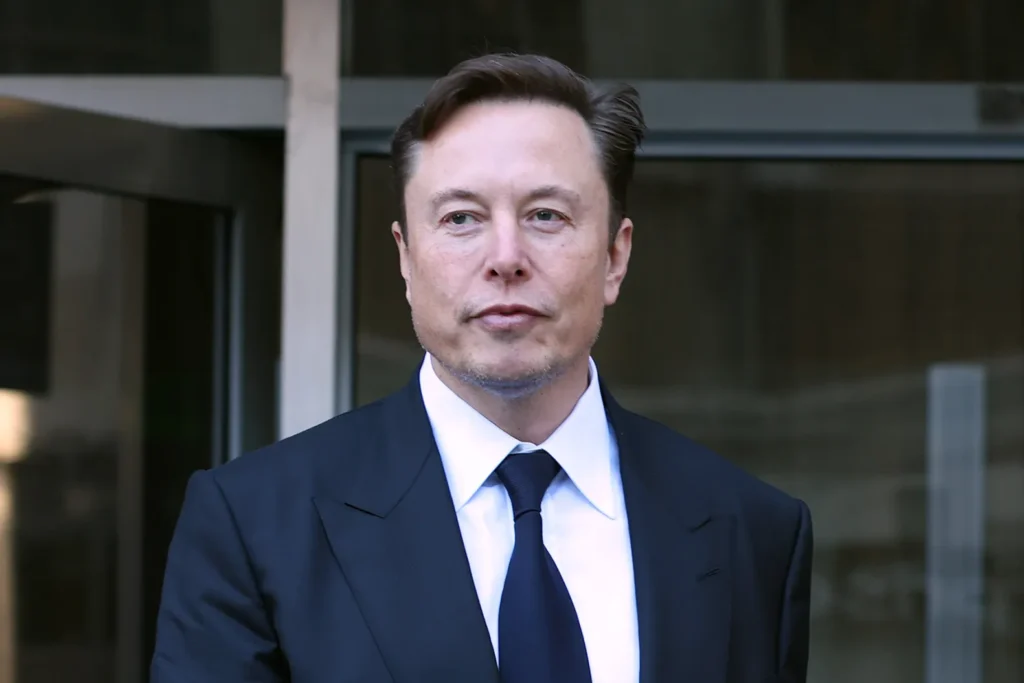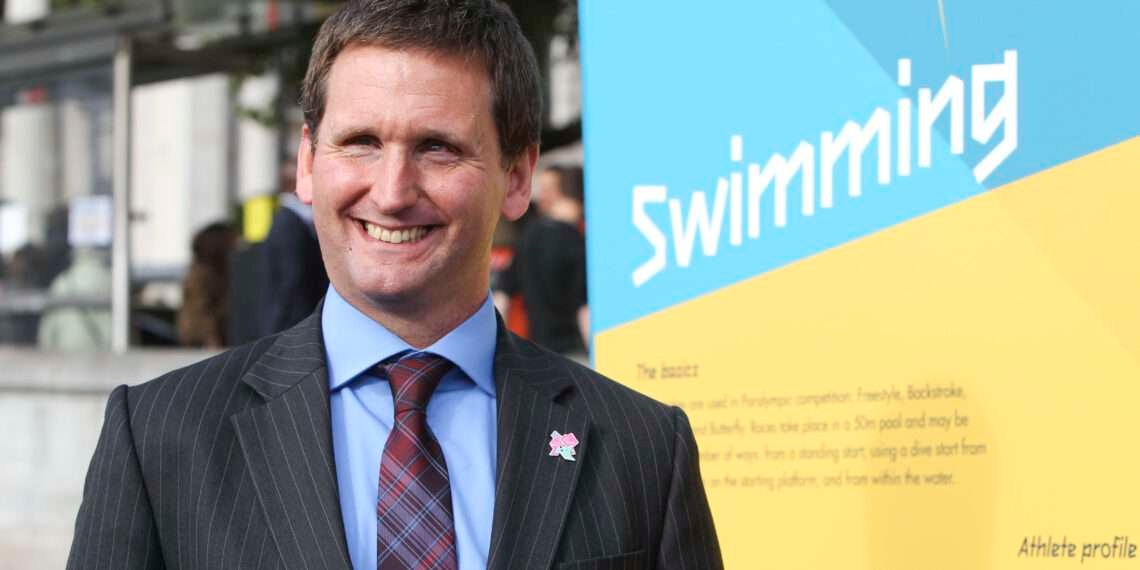Britain faces the serious risk of becoming less important on the world stage in the field of artificial intelligence (AI) if the government fails to implement new regulations, warns a Conservative peer.
Lord Holmes of Richmond forwarded a proposal in Parliament to create a new organization called the AI Authority. This authority would be responsible for overseeing the regulation of AI in the UK.
Under Lord Holmes’ Artificial Intelligence (Regulation) Bill, which will be discussed in Parliament on March 22, the AI Authority would have the duty to advance AI regulation within the UK. Additionally, it would be tasked with evaluating and monitoring any potential risks AI poses to the economy.
Security, fairness, accountability, and transparency are among the principles that the AI Authority must take into consideration, according to the Bill.
The Government believes a non-statutory approach provides “critical adaptability” but has pledged to keep it under review.
Lord Holmes stated, “The current Government approach risks the UK sliding into global irrelevance on this hugely important issue of protecting citizen rights and ensuring AI is developed and deployed in a humanity-enhancing, rather than a society-destroying, way.”
“The Government claims that their light-touch approach is ‘pro-innovation’ but innovation is not aided by uncertainty and instability.”
Holmes also emphasized that AI offers some of the greatest opportunities for the economy and society.
However, “It also, if unregulated holds obvious existential harms. Self-governance and voluntary agreements just don’t cut it.”
He said “The UK can, the UK must lead when it comes to ethical AI. This Bill offers them that very opportunity. I hope they take it.”
The proposed bill would also require anyone involved in training artificial intelligence (AI) to provide the AI Authority with a comprehensive record of all third-party data and intellectual property (IP) they utilize. They would also need to ensure that they obtain informed consent for the use of this data.
Lord Holmes emphasized the importance of a labeling system, stating, “People would know if a service or a good had used or deployed AI in the provision of that service.”
In a statement made last November, Chancellor Rishi Sunak expressed confidence that Britain’s AI safety summit would “tilt the balance in favor of humanity.” This followed an agreement with technology firms to thoroughly assess their AI models before releasing them.
The Prime Minister said “binding requirements” would likely be needed to regulate the technology, but now is the time to move quickly without laws.
In February 2024, the Government disclosed plans to allocate over £100 million towards equipping the UK to regulate AI effectively and ensure its safe use. This funding will also aid in the training and upskilling of regulators across various sectors.
Instead of establishing a new, dedicated central regulator for emerging technology, government ministers have opted to task existing regulators with monitoring AI use within their respective sectors.
A Government spokesman said: “As is standard process, the Government’s position on this Bill will be confirmed during the debate.”
Threats Of Artificial Intelligence

Elon Musk, the owner of the social media platform X, has characterized artificial intelligence (AI) as “one of the biggest threats” to humanity.
His perspective stems from the realization that AI has the potential to surpass human intelligence significantly. Musk stated:
“For the first time, we have a situation where there’s something that is going to be far smarter than the smartest human. So, you know, we’re not stronger or faster than other creatures, but we are more intelligent. And here we are, for the first time really in human history, with something that’s going to be far more intelligent than us.”
Elon Musk
While acknowledging the immense capabilities of AI, Musk also emphasized the need for responsible development and control.
He believes that guiding AI in a direction beneficial to humanity is crucial, even though it remains uncertain whether we can fully control such a powerful technology.
READ ALSO: Rising Disputes, Canker to Ghana’s Security




















